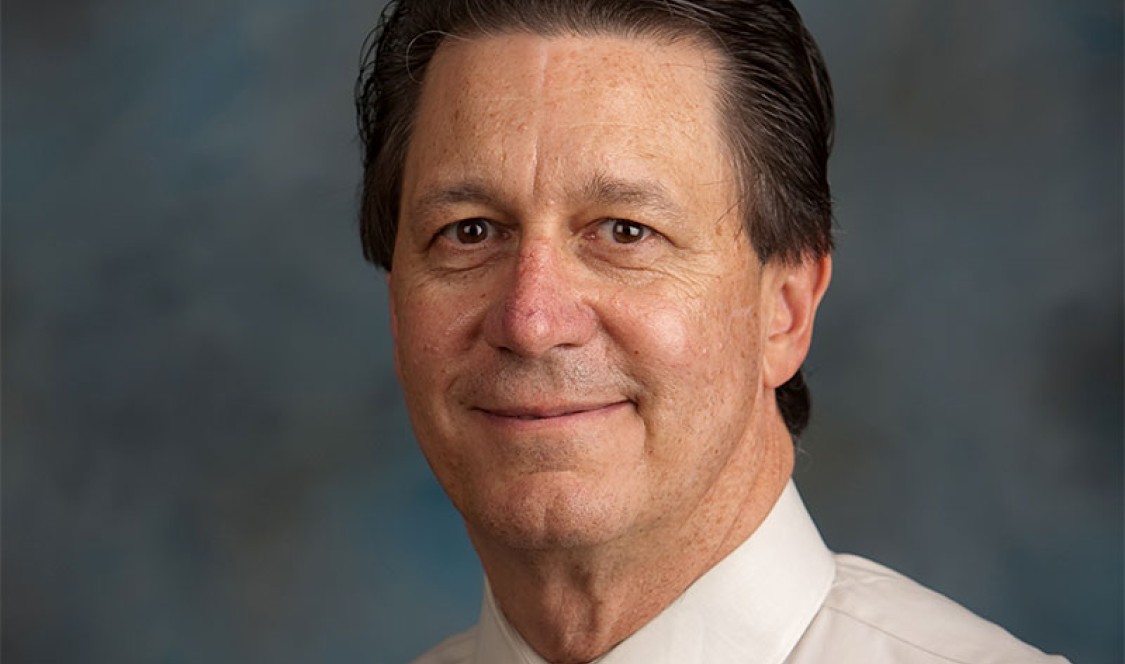Ronald Riggio, Henry R. Kravis Professor of Leadership and Organizational Psychology at CMC, continues to build upon a research project that provides invaluable insight into long-term linkages between early childhood development, leadership, and success.
The research project, “Early Life Predictors of Adult Success,” is supported by a $50,000 grant from the W.K. Kellogg Foundation.
The study builds on a project Riggio helped start nearly 40 years ago, as co-organizer of the Fullerton Longitudinal Study (FLS). The FLS, following 130 children born in 1978, looks at numerous developmental and psychological variables bi-annually during early childhood (every 6 months from age 12 to 40 months), and then annually until age 17. Adult assessments were completed at age 24 and 29. These detailed assessments yielded thousands of measurements of education, family life, extracurricular experiences, along with assessments of temperament and personality.
The goal of the research is to study the impact of early life experiences on adult lives, with a focus on how early experiences affect educational attainment, career choice and trajectory, attainment of positions as leaders at work and in the community, family life, and perceptions of happiness, satisfaction and success in life.
The FLS is recognized as the most comprehensive and “deep” longitudinal study of children and adolescents ever conducted, with more than 18,000 measured variables on each participant. It has tremendous implications on the study of community engagement and leadership.
In addition to Riggio and his colleague, CGU Professor Rebecca Reichard, who helps with the leadership assessments, the FLS team consists of Cal State Fullerton professors Allen Gottfried, who founded the study in 1979, Diana Guerin, Pam Oliver, and Kathleen Preston and Adele Gottfried of Cal State Northridge.
“There are very few lifelong longitudinal studies, and the FLS is the most detailed,” Riggio says. “There are literally thousands of measured variables on each participant. By knowing how early experiences impact success as an adult, we can provide advice to parents about the kinds of experiences that will impact later adult life."
“Although we know that good parenting, good education, and supportive family environment are considered to be important,” he adds, “we can verify that, and, we can look deeply at the specific factors that predict success as an adult. There may be factors that no one has considered.”
With the support of the W.K. Kellogg Foundation grant (most of which will be used to compensate the participants for the time it will take to complete all of the assessments), Riggio and his team will collect new data on key leadership outcomes that will provide a crucial corollary to the early-life data collected decades ago. They intend to extend these lines of research, examining not just leader emergence but also leader effectiveness. Study findings will inform how to best design leadership development programs, a topic germane to all sectors and industries.
“Right now, we are trying to find all the participants,” Riggio says. “As you know, in our mobile society, people move a lot. The Fullerton participants are scattered across the country, and some across the globe. We are also meeting to decide on the final measures and assessments that we want to collect. We anticipate data collection in November-December and then analyzing the data and writing up reports in 2017.”
Previous research on the FLS participants has found that motivation is a critical factor in pursuing higher education and in the attainment of positions of leadership. In addition, the study has found that the roots of adult leadership can be traced back to very early childhood temperament and experiences. This new research will continue to explore the role that early development plays in successful outcomes and lives as adults. The expectation is that this research will lead to early childhood development programs that aim to foster healthy and successful adult lives.
In addition to his work on the FLS study, Riggio is co-editor with Dr. Sherylle Tan of the Kravis Leadership Institute of a book on “soft skills of leadership,” which was a product of the annual Kravis-de Roulet leadership conference. He is currently revising two other books: Introduction to Industrial/Organizational Psychology (7th edition) textbook, and a book on Transformational Leadership (co-authored by the late Dr. Bernard Bass; 3rd edition). Riggio is also working with colleagues to host the 2017 Kravis-de Roulet conference on Inclusive Leadership.
The W.K. Kellogg Foundation, founded in 1930 as an independent, private foundation by breakfast cereal pioneer, Will Keith Kellogg, is among the largest philanthropic foundations in the U.S. The WKKF is guided by the belief that all children should have an equal opportunity to thrive. The Foundation works with communities to create conditions for vulnerable children so they can realize their full potential in school, work, and life.

